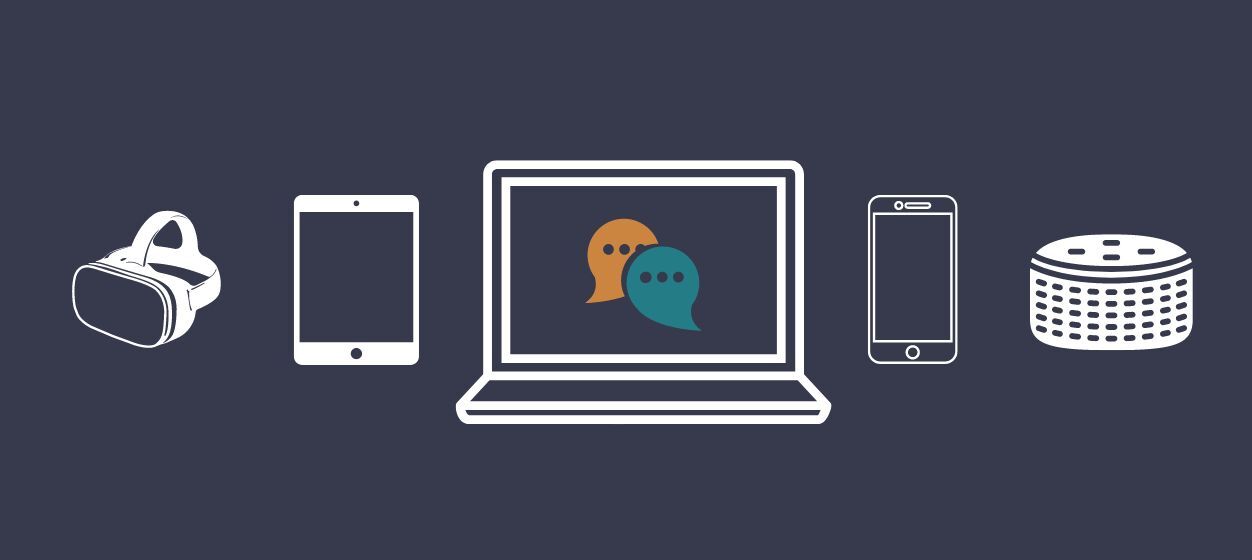
The digital potential tool: An insight into the digital maturity and literacy of social care in Wales
This report contains the early findings of our digital potential tool, which helps staff at social care organisations to better understand their digital skills and capabilities.
The tool also supports organisations to identify skills gaps and target support where it’s most needed.
We launched the tool in January 2025, and this report is based on the responses of 1,200 individuals across 295 organisations.
As well as the full report, we've also produced three summaries which focus on:
What we found
We found high levels of basic digital skills across the social care workforce in Wales. Most respondents feel confident with fundamental digital tasks, such as going online (92 per cent), searching for information (95 per cent) and joining virtual meetings (93 per cent).
Staff who provide direct care and support to people reported high confidence in helping the people they support to use everyday digital tools such as mobile phones, video calls and social media.
Across most roles and provider types, people want to learn new digital skills and have the confidence to do so. Through the tool, 78 per cent shared that they’re confident learning how to use new digital tools and technologies.
Staff across social care in Wales also generally reported good confidence in basic online safety and security. Most respondents (96 per cent) feel at least somewhat confident in keeping systems, devices and data safe in their work.
But the report also identified some important skills gaps, including:
- technical problem solving – staff across all workforce groups said they struggle with solving day-to-day technical problems, even when they're comfortable using digital tools for other tasks
- specialised technologies for person-centred care – only 45 per cent of staff feel confident using technology for well-being, such as interactive therapy devices
- understanding and using AI tools – 41 per cent report low or no confidence in this area, with many not seeing it as being relevant to their role. We also heard from 39 per cent who ‘never’ use AI tools.
When it comes to digital infrastructure, 87 per cent of staff said they had the technology they needed to work effectively, with 84 per cent agreeing that their equipment is well-maintained and updated.
Office internet reliability is high (95 per cent), but connectivity in community settings varies. Encouragingly, cybersecurity practices are strong across all organisations, with 88 per cent of IT staff ‘always’ or ‘sometimes’ making sure that malware or antivirus protection is installed and updated on all devices.
But IT staff told us that that getting different systems to work together is still a challenge, with only 35 per cent strongly agreeing that their various systems connect and share information effectively.
We also found that while 34 per cent of private and third-sector organisations ‘always’ have clear digital plans in place, this drops to 16 per cent for local authorities.
Sharing learning on digital transformation with other organisations is another area for improvement. Only 53 per cent of organisations do this at least 'sometimes'.
What the report recommends
The report's recommendations include:
- establish a national digital community of practice to connect learning, share resources and build digital confidence
- develop a ‘what good looks like’ framework for social care in Wales
- create a digital capability framework with flexible learning pathways which are tailored to social care professionals and address the unique requirements of their roles based on the 'what good looks like' framework
- make training opportunities more visible and accessible
- share good practice examples of training and communication approaches used in digitally confident organisations. This could be done through the project finder on our Insight Collective website
- develop a targeted digital skills development programme which would use findings from the digital potential tool, the digital capability framework, and build on existing training
- strengthen digital leadership and digital strategic planning
- develop guidance on the use of emerging technologies like AI.
The recommendations are for the whole social care sector, so we’ll need to work together as national, regional and local partners to co-develop an action plan based on the findings.
When developing the action plan, we’ll need to think about who’s best placed to take the recommendations forward, what the recommendations mean in practice, what resources are needed and how they’ll be funded.
You’ll find a full list of the recommendations and more information about each of them in the full report.